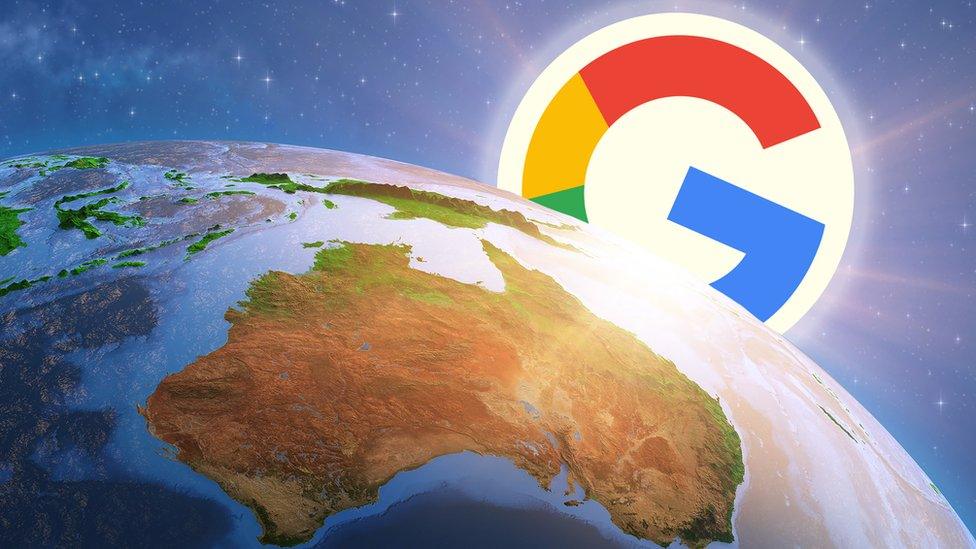Facebook Australia: Tech giant faces growing criticism over news ban
- Published
Australians react to Facebook's news ban (18 February)
Facebook is facing mounting criticism after it blocked news content in Australia amid a dispute with the government over a planned law.
The law will force tech giants to pay for news content on their platforms.
Facebook says the legislation "fundamentally misunderstands" its relationship with publishers.
But politicians, publishers and rights groups in several countries have accused it of bullying, and raised concerns over access to information.
Under Facebook's new rules, Australian users are blocked from viewing and sharing local and international news, while local publishers are restricted from sharing or posting any links on their pages.
Several government health and emergency pages were also blocked, but Facebook later said this was a mistake and many of these pages are now back online.
Who has criticised the move?
In a statement posted on Facebook, Australian Prime Minister Scott Morrison said the social media company's actions to "unfriend Australia" were "as arrogant as they were disappointing"., external
He added that he was in "regular contact with the leaders of other nations" over the issue and would not be "intimidated".
Mr Morrison later raised the issue with Indian Prime Minister Narendra Modi, as he sought to gain international support, according to the Sydney Morning Herald.
Other Australian officials have also criticised the move. Treasurer Josh Frydenberg said the ban on news information had a "huge community impact". About 17 million Australians visit the social media site every month. It is the most important social platform for news in the country.
Western Australia Premier Mark McGowan accused Facebook of "behaving like a North Korean dictator".
Others suggested that a news vacuum could be filled by misinformation and conspiracy theories.
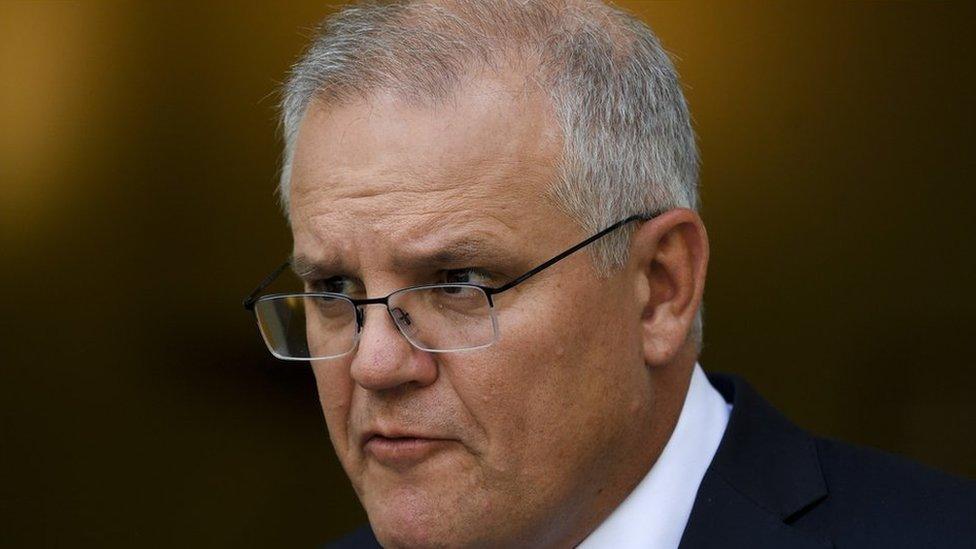
Scott Morrison issued a response on Facebook
Human Rights Watch's Australia director said Facebook was censoring the flow of information, calling it a "dangerous turn of events".
A local campaigner with rights group Amnesty International said it was "extremely concerning that a private company is willing to control access to information that people rely on".
The move also faced criticism outside Australia.
Julian Knight, the head of the British parliamentary committee overseeing the media industry, called Facebook's action "bullying".
"I think it's staggeringly irresponsible - at a time when we are facing a plethora of fake news and disinformation in relation to the Covid vaccine," he told the BBC.
"This is not just about Australia. This is Facebook putting a marker down, saying to the world that 'if you do wish to limit our powers… we can remove what is for many people a utility'."
Global publishers also reacted, with the company behind the Guardian newspaper saying it was "deeply concerned".
The head of Germany's BDZV news publishers' association said it was "high time that governments all over the world limit the market power of the gatekeeper platforms".
Many Australian users are also angry about their sudden loss of access to trusted and authoritative sources.
"It feels obviously very restrictive in what Facebook is going to allow people to do in the future, not only in Australia but around the world," Peter Firth, in Sydney, told the BBC.

Will fake news thrive?

Facebook's ban on news sites on its Australian-facing site could well lead to greater prominence for unverified and untrusted information, helping disinformation to spread further.
First Draft, a site which investigates the spread of false and misleading posts online, warned the restrictions would "open up a vacuum that could be filled in part by mis and disinformation".
Facebook says it will continue to remove harmful misinformation, connect users with reliable health advice and work with third-party fact checkers.
One of the topics for which a great deal of unreliable information is shared online is that of Covid-19 vaccines.
So we looked at search results for the word "vaccine" over the past 12 hours on Facebook pages primarily based in Australia and found prominent results for sites casting doubt on the coronavirus pandemic.
This search also brings up reliable information sources, and further analysis will be needed over the next few days to see whether this anecdotal evidence is backed up by longer term data.

So why is Facebook doing this?
Australian authorities say they drew up the legislation to "level the playing field" on profits between the tech giants and struggling publishers. Of every A$100 (£56; $77) spent on digital advertising in Australian media these days, A$81 goes to Google and Facebook.
But Facebook's local managing director William Easton says the law seeks to "penalise" the company "for content it didn't take or ask for".
"The proposed law fundamentally misunderstands the relationship between our platform and publishers who use it to share news content. It has left us facing a stark choice: attempt to comply with a law that ignores the realities of this relationship, or stop allowing news content on our services in Australia. With a heavy heart, we are choosing the latter,", external Mr Easton wrote in a blog post on Wednesday.
Facebook said it helped Australian publishers earn about A$407m last year through referrals, while "the platform gain from news is minimal".
What will happen with the law?
Australia's conservative government is standing by the law - which passed the lower house of parliament on Wednesday. It has broad cross-party support and the Senate is likely to pass it next week.
"We will legislate this code. We want the digital giants paying traditional news media businesses for generating original journalistic content," said Mr Frydenberg.
Search giant Google is also opposed to the Australian law, but it has now signed payment deals with major media outlets in the country.
Related topics
- Published18 February 2021
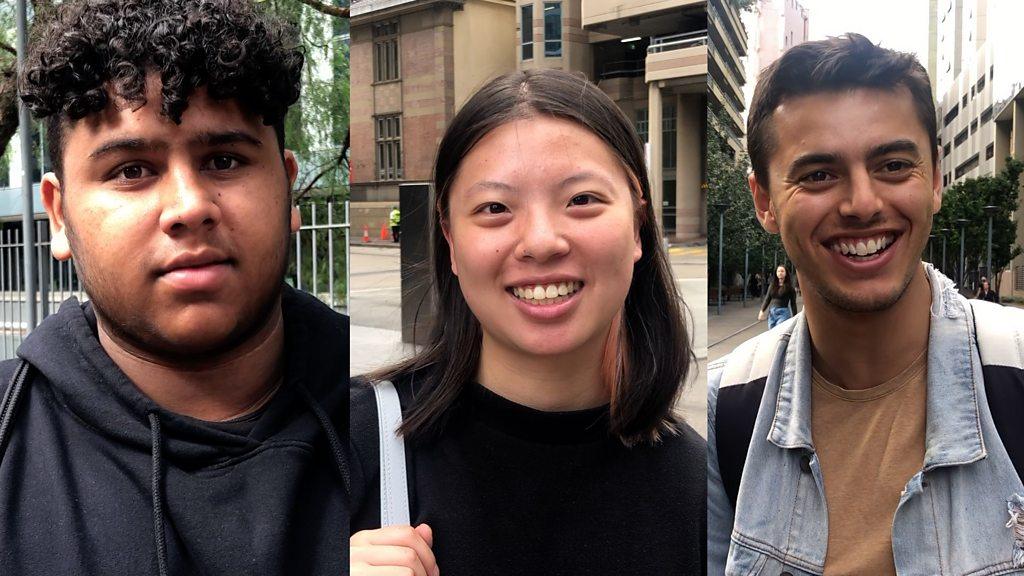
- Published18 February 2021
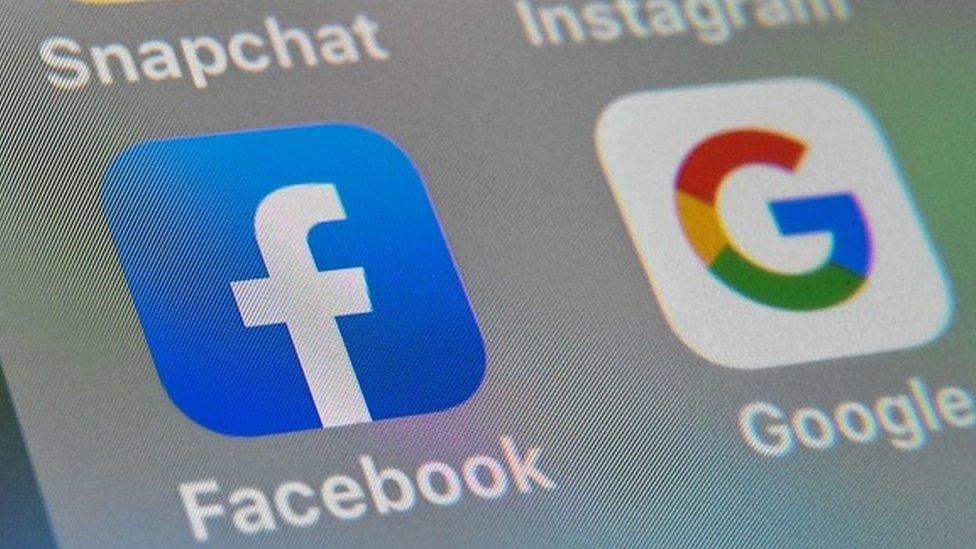
- Published21 August 2020
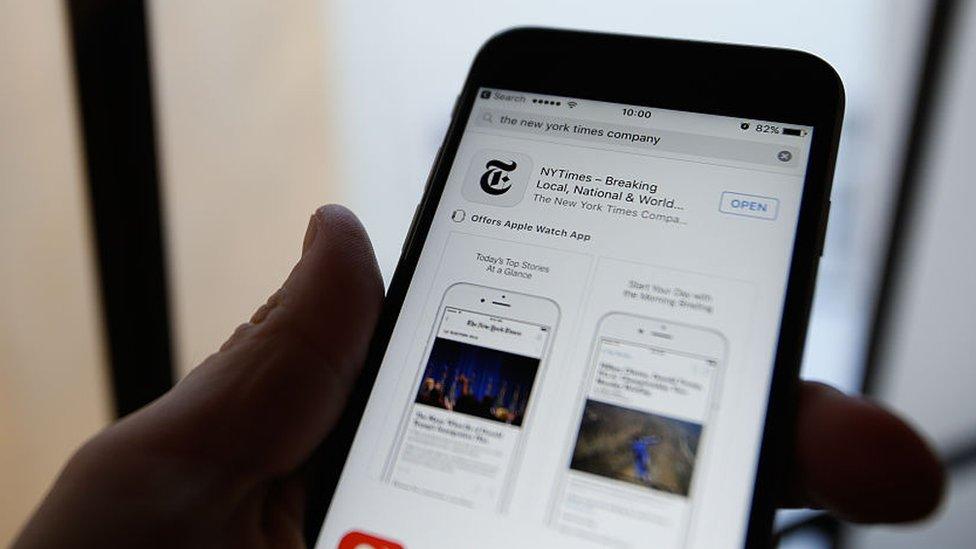
- Published31 July 2020
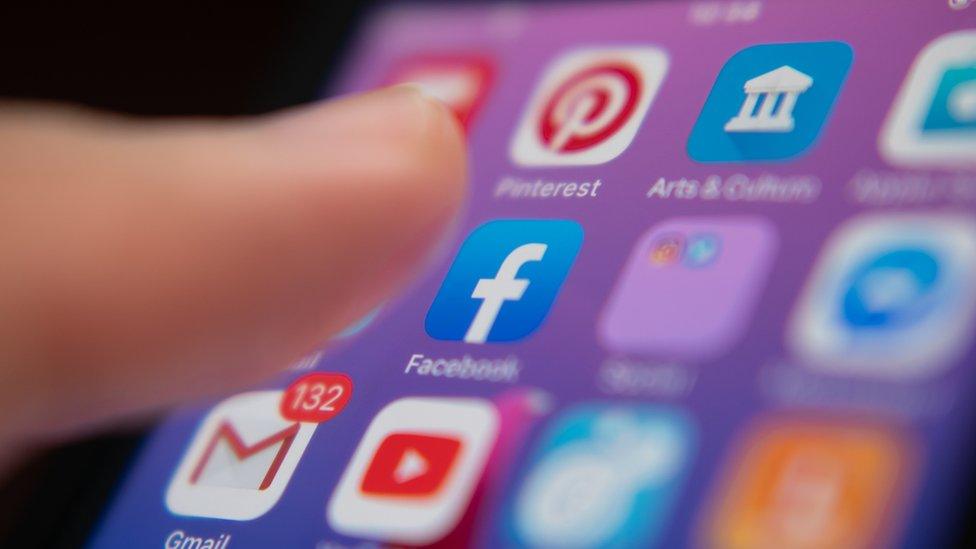
- Published22 January 2021
